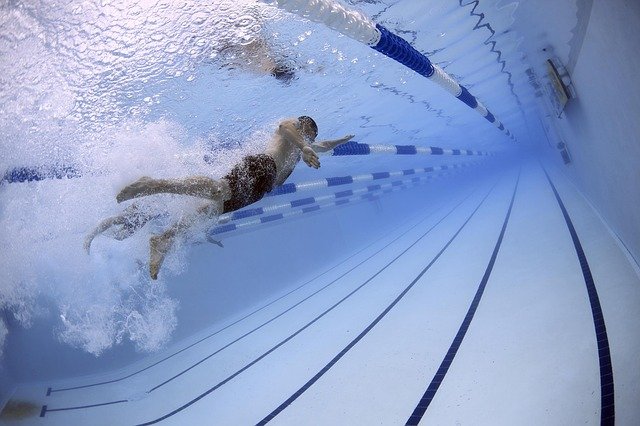If you have ever stayed at a hotel, you might notice that there usually aren’t lifeguards on duty. Instead, there may tend to be signage around the facility that states, something like, “swim at your own risk.” However, the risks are much greater than you think.
The Center for Disease Control and Prevention (CDC), has concluded that one out of every three swimming-related illnesses in the United States, can be traced back to hotel and motel swimming pools. In fact, the three most common illnesses that can develop from swimming are Cryptosporidium, Pseudomonas and Legionella. Typically, Crypto is the most common and caused by a parasite that can survive even in a properly maintained pool. Pseudomonas and Legionella are bacteria that are not easily affected by disinfectants. They are known to thrive in slimy areas of pools, hot tubs and water parks.
Most swimming pools have chlorine and other chemicals designed to kill germs and bacteria but sometimes it doesn’t always succeed. Crypto is linked to pools, hot tubs and water parks as well and can be transferred to another by someone who already has the illness and swims in a pool with others.
When water with Crypto is swallowed, an otherwise healthy child or adult will be sick for weeks with stomach cramps, nausea, vomiting and diarrhea. Crypto cannot be destroyed by chlorine so keeping it out of the water altogether is a must. Parents and guardians should never let kids go into the water if sick with any of the aforementioned symptoms.
With the constant exposure to large crowds, it is no wonder that there is an increased risk of getting sick when swimming in a hotel pool. Germs and bacteria can thrive in pools that are not properly maintained and cleaned with disinfectant. Older swimmers and those who smoke are more susceptible to Legionella. Due to lung ailments, these swimmers should seek medical attention immediately if they develop pneumonia-like symptoms after using a hotel or public pool.
The most effective preventative measures for injury, illness or death in hotel swimming pools are to:
- Keep pool water filtered and chemically treated
- Refrain or prohibit pool use if sick or have an open wound
- Keep pets out of the pool
- Do not swallow pool water
- Use a shower or hose to rinse your entire body before and after using the pool
While chemicals are used to keep pools clean and safe it can still be toxic in high amounts. Chlorine can dry and irritate the skin and aggravate asthma. Chemicals can also kill the body’s naturally beneficial bacteria if water is swallowed. In order to avoid chemical contamination of pools:
- Keep chemical treatments at the proper levels
- Do not increase chemical treatments for dirty pools
- Follow instructions when treating pools
- Keep pool chemicals stored properly and out of reach of children
- Store the chemicals in a cool, dry place to avoid landscape contamination or risk of fire
On the other hand, water and chlorine are also conductors of electricity which makes pools hazardous especially in unsafe conditions. To avoid the risk of electric shock whenever using a swimming pool it is helpful to refrain from keeping ungrounded electrical equipment like stereos, grills, lawn equipment, etc. near the pool, be sure to only use ground circuit fault interrupter outlets in the pool area and stay out of the pool during lightning storms.
Kwartler Manus Can Protect Your Rights in a Drowning Accident
There are a variety of swimming pool dangers that hotels and individuals are faced with daily. With the proper precautions and enough common sense, the risks can be minimized while at the same time still maximizing an enjoyable time. Stay up to date on pool safety guidelines to safely get the most out of your time. Call the office of Kwartler Manus at 267-457-5570 to schedule a consultation with a Philadelphia drowning accident attorney.

